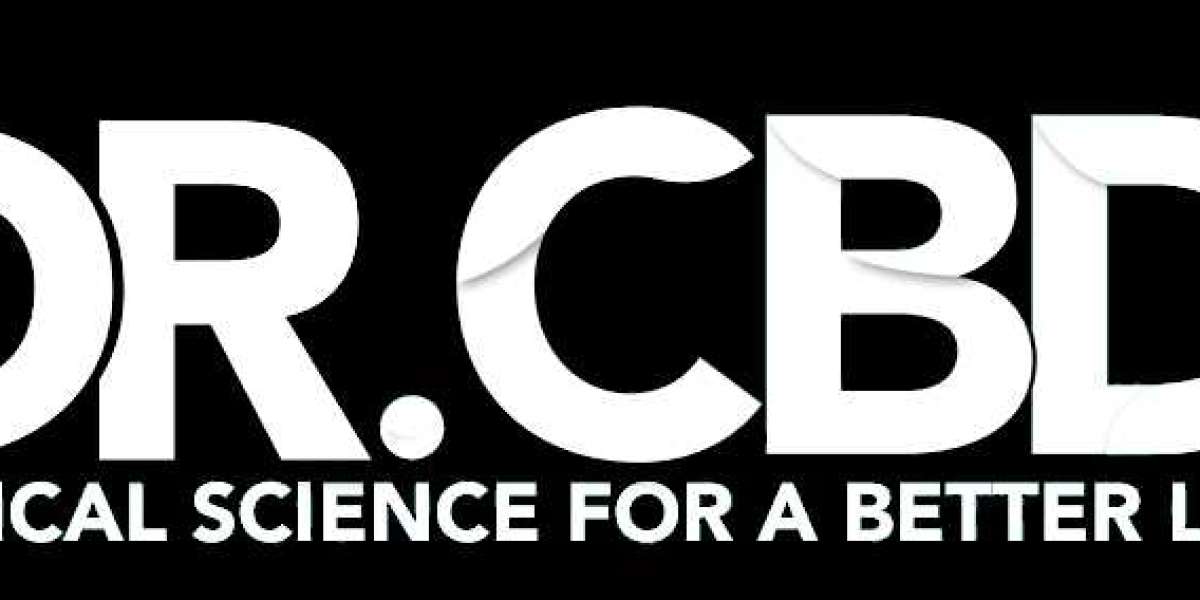Starting your journey toward better health often begins with a decision to lose weight. However, navigating this path alone can be challenging, confusing, and at times, overwhelming. That’s where a professional weight loss consultation can make a significant difference. Whether you're trying to drop a few pounds for medical reasons or to improve your overall quality of life, a structured and science-backed weight loss program can help you reach your goals safely and effectively.
This blog will guide you through what to expect during your first professional weight loss consultation and how it lays the foundation for long-term success.
- Understanding the Purpose of a Consultation
A professional weight loss consultation is more than just a casual conversation about shedding pounds. It’s a personalized evaluation conducted by trained health experts—often including doctors, nutritionists, or certified weight management specialists. The main goal is to assess your current health status, identify contributing factors to your weight gain, and develop a tailored weight loss program that fits your lifestyle, medical needs, and goals.
- Medical History Review
During your initial visit, you can expect to undergo a thorough review of your medical history. This includes discussions about:
- Past and present medical conditions (e.g., diabetes, thyroid disorders, hypertension)
- Family history of obesity or weight-related diseases
- Medications or supplements you're currently taking
- Previous weight loss attempts and outcomes
Understanding these factors helps your provider design a professional weight loss approach that is both safe and effective for your unique situation.
- Body Composition Analysis
Most professional weight loss clinics use tools to measure more than just your weight. You may undergo a body composition test to analyze:
- Body Mass Index (BMI)
- Body fat percentage
- Muscle mass
- Water retention
These measurements provide a clearer picture of your physical health, far beyond what a standard bathroom scale can offer.
- Nutritional Assessment
Nutrition plays a critical role in every weight loss program. You’ll likely be asked to provide information about your current eating habits, including:
- Meal timing and portion sizes
- Frequency of fast food or sugary snack consumption
- Beverage choices, such as soda, juice, or alcohol
- Any food allergies or dietary restrictions
This information helps the specialist recommend changes or substitutions that can make your diet healthier without being overly restrictive.
- Lifestyle and Behavior Evaluation
Effective professional weight loss plans also consider behavioral patterns that may contribute to weight gain. Your provider might ask about:
- Sleep patterns and quality
- Physical activity levels
- Emotional eating triggers
- Stress levels and coping strategies
Addressing these factors ensures your weight loss program targets not just the physical, but also the mental and emotional aspects of weight management.
- Goal Setting and Strategy Development
One of the most encouraging parts of a professional weight loss consultation is setting realistic, achievable goals. Rather than aiming for quick fixes, your provider will work with you to develop:
- Short-term and long-term goals
- Weekly or monthly check-ins
- Customized meal and exercise plans
- Education about portion control and mindful eating
A clear strategy helps you stay motivated and track your progress in a measurable way.
- Lab Testing (If Needed)
Depending on your medical history, your provider may request lab tests to check for underlying conditions that can affect weight, such as:
- Thyroid function
- Blood glucose levels
- Cholesterol levels
- Hormonal imbalances
These tests help ensure that your weight loss program addresses all possible barriers to success.
- Support and Follow-Up Plans
Successful professional weight loss involves more than just a one-time consultation. Most programs offer ongoing support through:
- Regular check-ins (weekly or monthly)
- Access to health coaches or counselors
- Mobile apps for tracking food, exercise, and weight
- Group support sessions or workshops
This ongoing accountability is key to long-term success and helps you stay on track, even when challenges arise.
- Education and Resources
Your consultation may also include educational materials to help you make better choices. These could include:
- Meal planning guides
- Grocery shopping lists
- Tips for eating out while staying healthy
- Exercise tutorials
The more informed you are, the more empowered you’ll feel in your journey toward better health.
Conclusion
A professional weight loss consultation is a crucial first step in creating a healthier version of yourself. From understanding your medical background to developing a tailored weight loss program, this process provides the tools and guidance you need for sustainable results. By addressing the physical, emotional, and behavioral aspects of weight management, a professional weight loss approach offers a comprehensive solution that goes far beyond quick fixes.
If you're serious about improving your health, consider scheduling a consultation. It could be the turning point you’ve been waiting for.
Frequently Asked Questions (FAQs)
1. What should I bring to my weight loss consultation?
Bring a list of your current medications, recent medical history, food diaries (if available), and any questions you may have. This helps the provider get a complete picture of your health.
2. Is a professional weight loss program safe?
Yes, as long as it’s supervised by licensed health professionals. These programs are designed to be safe, effective, and tailored to your specific needs.
3. How quickly will I see results?
Results vary based on your starting point, lifestyle changes, and adherence to the program. Many people begin to notice changes within a few weeks.
4. Do I need to exercise as part of the program?
Most weight loss programs encourage regular physical activity, but the type and intensity are customized based on your fitness level and goals.
5. Are these consultations covered by insurance?
Some insurance plans may cover professional weight loss consultations, especially if they are medically necessary. Check with your provider for details.
6. Can I join a weight loss program if I have a chronic condition?
Yes, in fact, it’s often recommended. A professional team will tailor the plan to accommodate your condition while improving your overall health.


